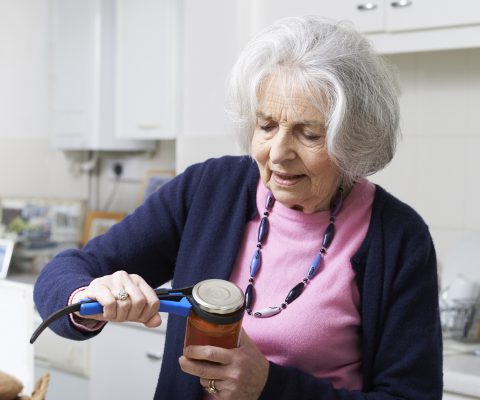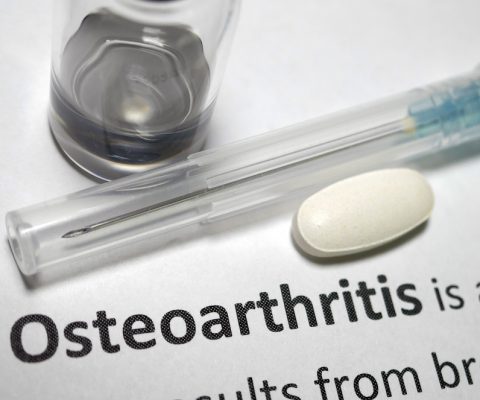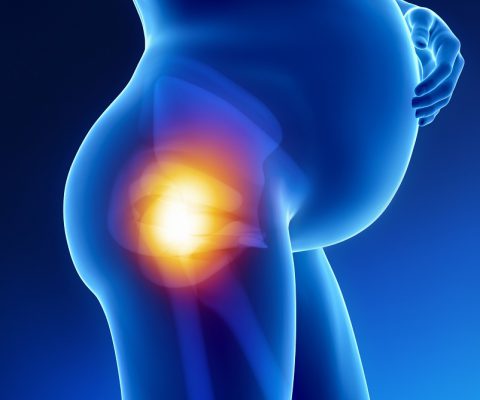Although arthritis can be difficult to live with, there are many simple measures that can help anyone with arthritis manage their symptoms and cope with daily life.
Arthritis TAS – we’re here to help
We’re here to help whenever you need us. We have a variety of options available for support and information.
- Sign up to eNews to get information and advice on managing your condition
- Call our free Infoline on 1800 011 041 (Monday to Friday, 9am to 5pm)
- We are a health charity, help us to deliver our services – donate here
- Join our online community: Follow us on Facebook
By taking an active role in understanding and treating your conditions, you will experience less pain and stay more active than those who feel there is nothing they can do.
When you have arthritis, joint pain and weakness can make normal activities around the home difficult. But don’t give up just yet! There are many ways that you can protect your joints from pain and strain and also make jobs around the home easier to manage.
Living with pain can be one of the hardest parts of having arthritis. Understanding the pain cycle and learning techniques that may help you cope with pain are an important part of managing your arthritis.
Physical activity and exercise is extremely important for managing an arthritis condition. It can improve mobility and flexibility of joints, muscle strength, posture and balance. It can also decrease pain, fatigue, muscle tension and stress.
No diet has been proven by research to cure arthritis. The best diet for arthritis is a healthy, balanced diet.
Many people with arthritis experience fatigue, no matter what they have been doing or how much sleep they get. There are many possible causes of fatigue, including the disease activity, pain (which can also affect sleep), certain medicines, muscle weakness and wasting, or depression.
Arthritis is a chronic health condition that can affect your physical health and your mental wellbeing, It is understandable that they ongoing physical symptoms such as chronic pain, fatigue and disturbed sleep can cause distress and affect your mood.
Arthritis can get worse if left untreated so see your doctor as early as possible to get a proper diagnosis. This will help you understand your arthritis and develop a plan for managing it. Learn about working with your healthcare team, and what each health professional can do for you.
Complementary treatments and therapies are any treatments or therapies that are not part of the conventional treatment (such as medicines or surgery) of a disease, such as acupuncture, massage, aromatherapy, vitamin and mineral supplements and herbal medicines.
Already pregnant or just starting to think about pregnancy? Becoming a parent is one of the most exiting and overwhelming times in most people’s lives. But even more so if you, or your partner has arthritis.
Finding out you have arthritis when you are young can be confusing and frightening. You may have thought that only older people were affected by arthritis. The good news is that arthritis doesn’t need to stop you from having an active social life, studying, working, travelling and having a family. With the right advice, and some adjustments, you can still live your life well, despite your arthritis.
Most people with arthritis wish to remain as independent as possible, so trying to find the right balance between providing help without being overly protective can be a challenge for carers. Here are some ways you can help.











